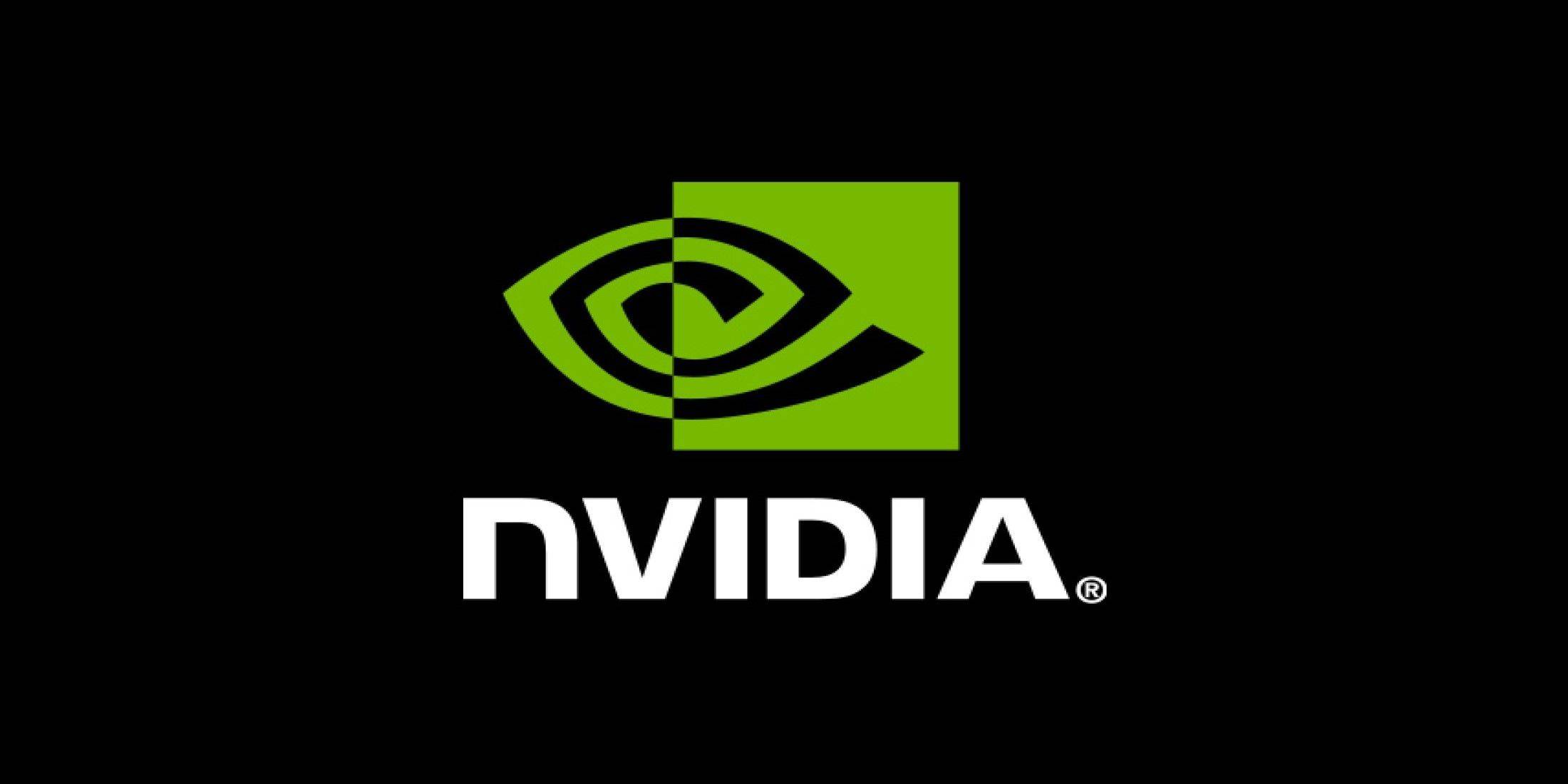Many game developers think the term “AAA” is silly and the industry is inefficient

The "AAA" label in game development is losing its relevance, according to many developers. Initially signifying massive budgets, high quality, and low failure rates, it's now associated with profit-driven competition that often sacrifices innovation and quality.
Revolution Studios co-founder, Charles Cecil, calls the term "silly and meaningless," a relic of a time when increased publisher investment negatively impacted the industry. He points to Ubisoft's "AAAA" title, Skull and Bones, as a prime example of a decade-long development cycle ending in failure, highlighting the label's emptiness.
Criticism extends to major publishers like EA, accused by players and developers of prioritizing mass production over audience engagement. Conversely, indie studios frequently produce games that resonate more deeply than many "AAA" titles. Baldur's Gate 3 and Stardew Valley exemplify the power of creativity and quality over sheer budget.
The prevailing belief is that profit maximization stifles creativity. Risk aversion among developers leads to a stagnation of innovation in large-scale game production. A fundamental shift in industry approach is needed to recapture player interest and inspire future generations of game creators.
Latest Articles

![1xBet [Updated]](https://imgs.yx260.com/uploads/76/1719623227667f5e3be7616.jpg)





























